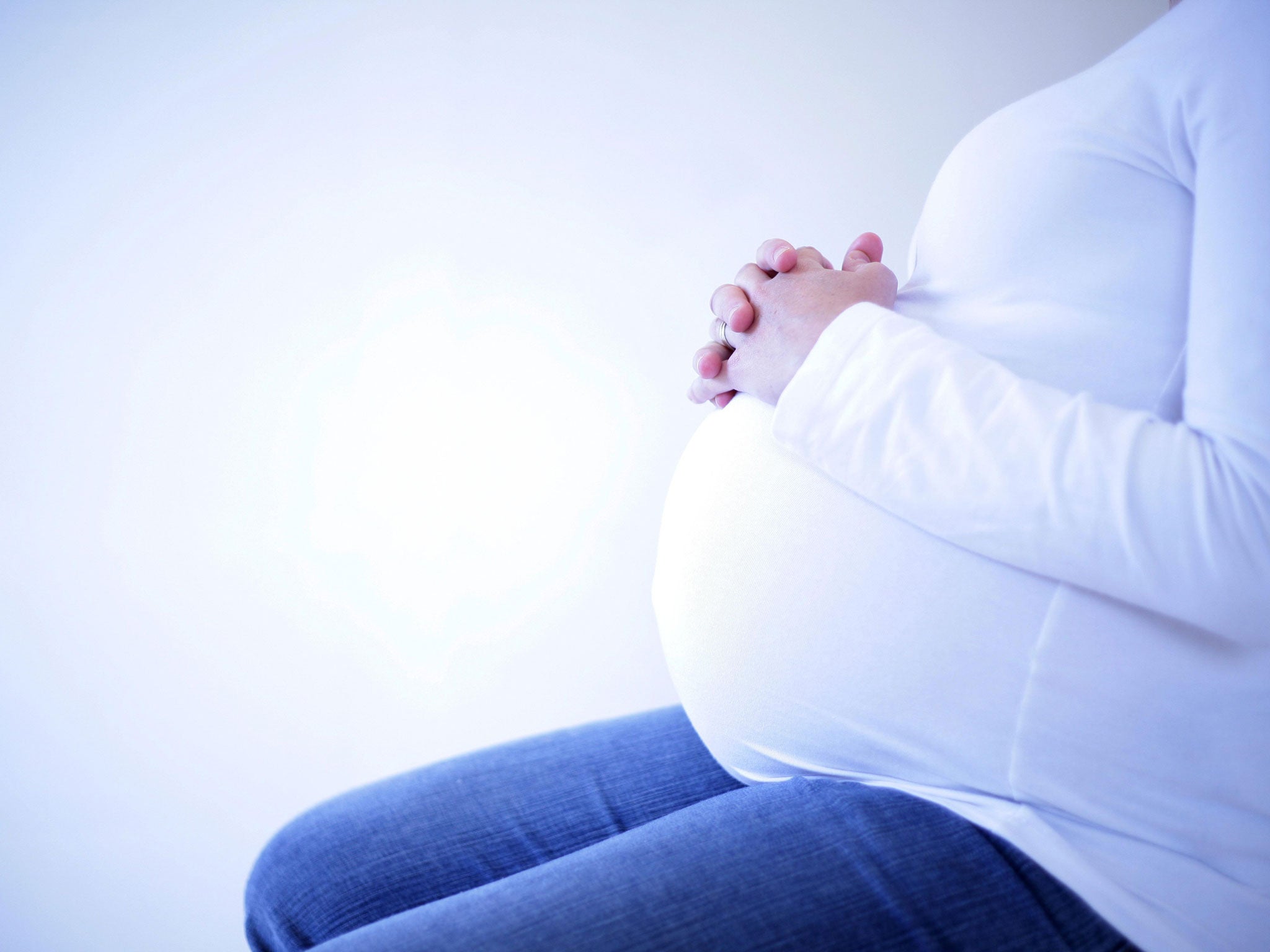Chief Medical Officer highlights 'worrying' trend of delayed pregnancies
The average age for a British mother giving birth is 30, the highest figure in the world

Your support helps us to tell the story
From reproductive rights to climate change to Big Tech, The Independent is on the ground when the story is developing. Whether it's investigating the financials of Elon Musk's pro-Trump PAC or producing our latest documentary, 'The A Word', which shines a light on the American women fighting for reproductive rights, we know how important it is to parse out the facts from the messaging.
At such a critical moment in US history, we need reporters on the ground. Your donation allows us to keep sending journalists to speak to both sides of the story.
The Independent is trusted by Americans across the entire political spectrum. And unlike many other quality news outlets, we choose not to lock Americans out of our reporting and analysis with paywalls. We believe quality journalism should be available to everyone, paid for by those who can afford it.
Your support makes all the difference.The trend for many women to choose delaying motherhood is 'worrying', warns England's Chief Medical Officer.
Professor Dame Sally Davies, who stressed she was not telling women what they should do, said people appeared to believe it was possible to have children in later life, but this was not always the case.
Professor Davies, 64, had two children when she was in her 40s, but said she was “lucky”.
The average age for a British mother giving birth is 30, the highest figure in the world.
The Royal College of Obstetricians and Gynaecologists has previously advised women who want to have children to so between the ages of 20 and 35.
Professor Davies told a group of health practitioners yesterday that the number of women delaying pregnancy was a “worrying issue”, The Daily Telegraph reported.
“The steady shift to have children later, there are issues with that. We all assume we can have children later but actually we may not be able to,” she said, adding: “It's not for me to tell women what to do.”
She said it was well known that a woman's fertility declines with age. “As couples we have to face that,” she said.
Professor Davies was also concerned that “many more women” were “choosing not to have children”.
Patrick O'Brien, a spokesman for the Royal College of Obstetricians and Gynaecologists, said the average age of motherhood had been rising steadily for years.
“In my experience it is usually because women want to get an education, maybe travel and get established in their careers before they think about starting a family and often don't appreciate the difficulties that can mean,” he said.
“Quite often we will see businesswomen of 42 or 43 who will think that with IVF they can easily have a baby, whereas really success rates are very low for women using their own eggs.”
He added that women in their late 30s and early 40s had higher rates of miscarriage, foetal abnormalities and health problems that can affect childbirth.
However, Natika Halil, a spokesman for the Family Planning Association, said: “Fertility doesn't just disappear overnight. While women should be mindful, let's not panic - you don't wake up at 34 and suddenly discover you can't have kids. There are a myriad of reasons why women can't conceive, it's not always linked to age.”
Join our commenting forum
Join thought-provoking conversations, follow other Independent readers and see their replies
Comments